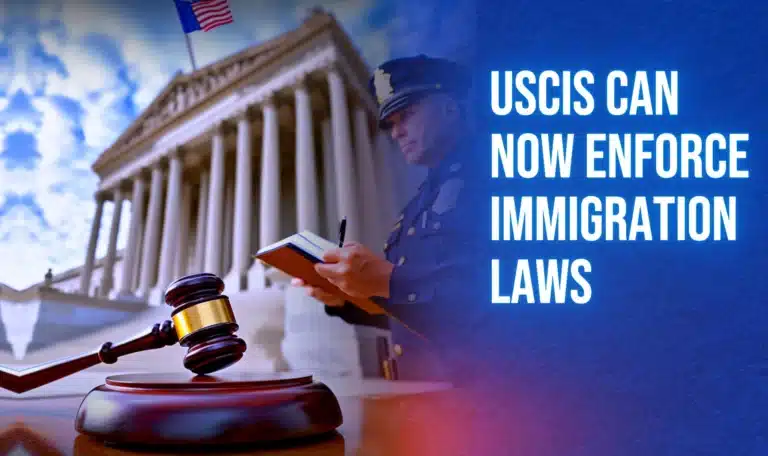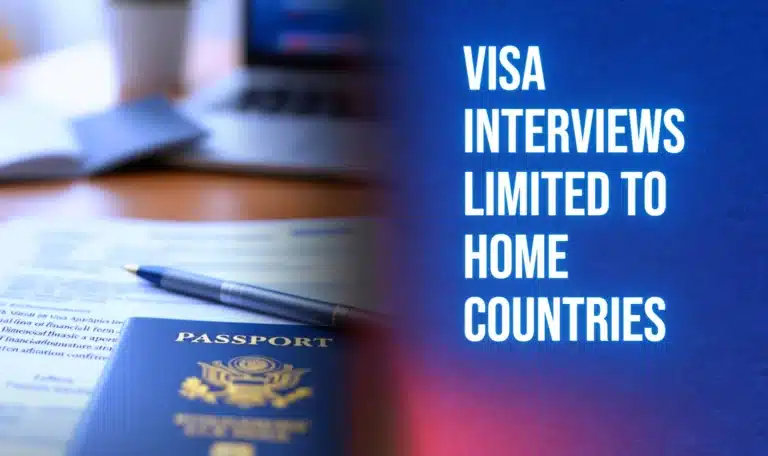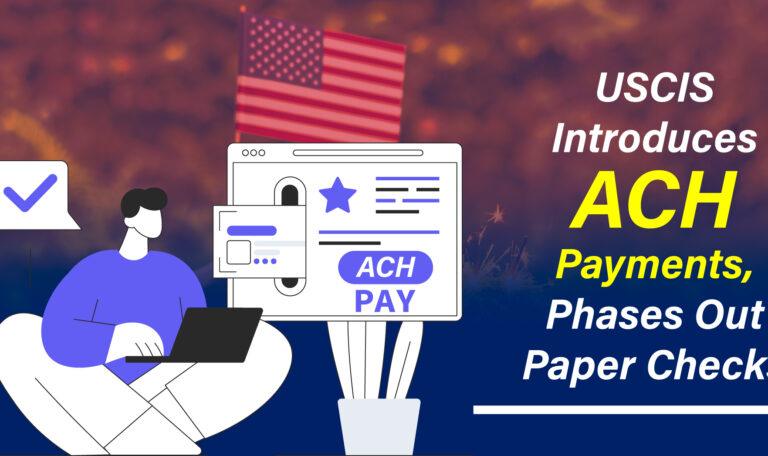Immigration News

U.S. Ends TPS for Venezuelans
Temporary Protected Status for about 270,000 Venezuelans will end September 10, 2025. Migrants may self-deport with a CBP app or risk deportation if they don’t have other legal status.

Nearly 500 Workers Arrested in Georgia Raid
Federal agents detained 475 workers at a Hyundai-LG plant in Georgia for working illegally. Most were subcontractors from South Korea, which raised diplomatic concerns and paused construction.

USCIS Can Now Enforce Immigration Laws
USCIS officers can now investigate, arrest, carry firearms, and speed up removals under a new rule. The goal is to prevent fraud and work better with law enforcement.

Visa Interviews Limited to Home Countries
Starting November 1, immigrant visa applicants will need to attend interviews in their country of residence or nationality. Only rare medical or humanitarian cases may get exceptions. This applies to all visa types.

U.S. Freezes Work Visas for Foreign Truck Drivers
The U.S. has paused work visas for foreign truck drivers, following a deadly crash involving an undocumented driver in Florida. The freeze affects H-2B, E-2, and EB-3 visas, but doesn’t impact Canadian or Mexican drivers on B-1 visas.

Visa Delays May Affect 2026 World Cup Fans
Getting a U.S. B1/B2 tourist visa for the 2026 FIFA World Cup may be difficult for some due to long wait times. Citizens from 42 countries with a Visa Waiver can skip the visa, but others, like Ecuador and Nigeria, face delays up to 9 months, possibly missing the tournament.

USCIS Introduces ACH Payments, Phases Out Paper Checks
USCIS now allows payments via ACH debit from U.S. bank accounts, phasing out paper checks and money orders by October 28, 2025. This aims to reduce payment delays and fraud. Credit and prepaid card options are still available.

Trump Proposes 4-Year Limit on Student & Media Visas
The Trump administration proposes a rule limiting international students to 4 years in the U.S. on F and J visas, and 240 days for foreign journalists on I visas. Extensions will require reapplication and fees.

USCIS Revives Neighborhood Checks for Citizenship
USCIS is bringing back neighborhood checks for naturalization applicants after 30 years. Officers may now contact neighbors, employers, or colleagues to assess an applicant’s character and eligibility for citizenship.

STEM OPT Jobs Surge 54 Percent in 2024
In 2024, 194,554 international students worked in the U.S. through Optional Practical Training, with 95,384 in STEM fields, a 54 percent increase. Total international enrollment reached 1.58 million, supporting $43.8 billion in economic activity and 378,175 jobs. Rising visa hurdles are pushing some students to consider Canada, the U.K., and Australia.

US Reviews 55 Million Visa Holders
The Trump administration is reviewing all 55 million U.S. visa holders for possible violations. Checks will include law enforcement records, immigration history, social media, and phone data. Officials also stopped work visas for foreign truck drivers, citing safety and labor concerns. Violations could result in visa revocation or deportation.

Naturalization Applicants Face Stricter Moral Review
The Trump administration expanded how USCIS judges “good moral character” for naturalization. Officers will consider positive contributions like work, caregiving, and community service, as well as legal but questionable behavior. Even minor issues could lead to denials without strong evidence of good character, while rehabilitation may help some applicants.
